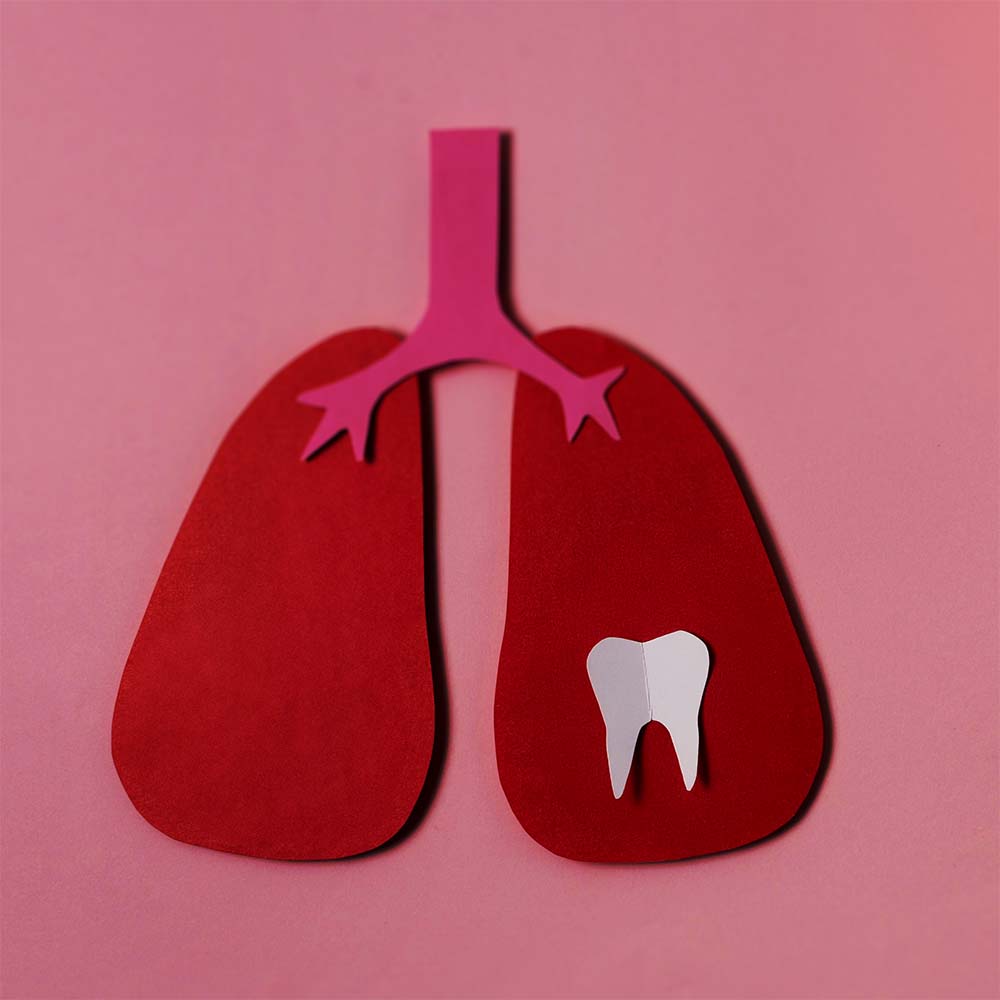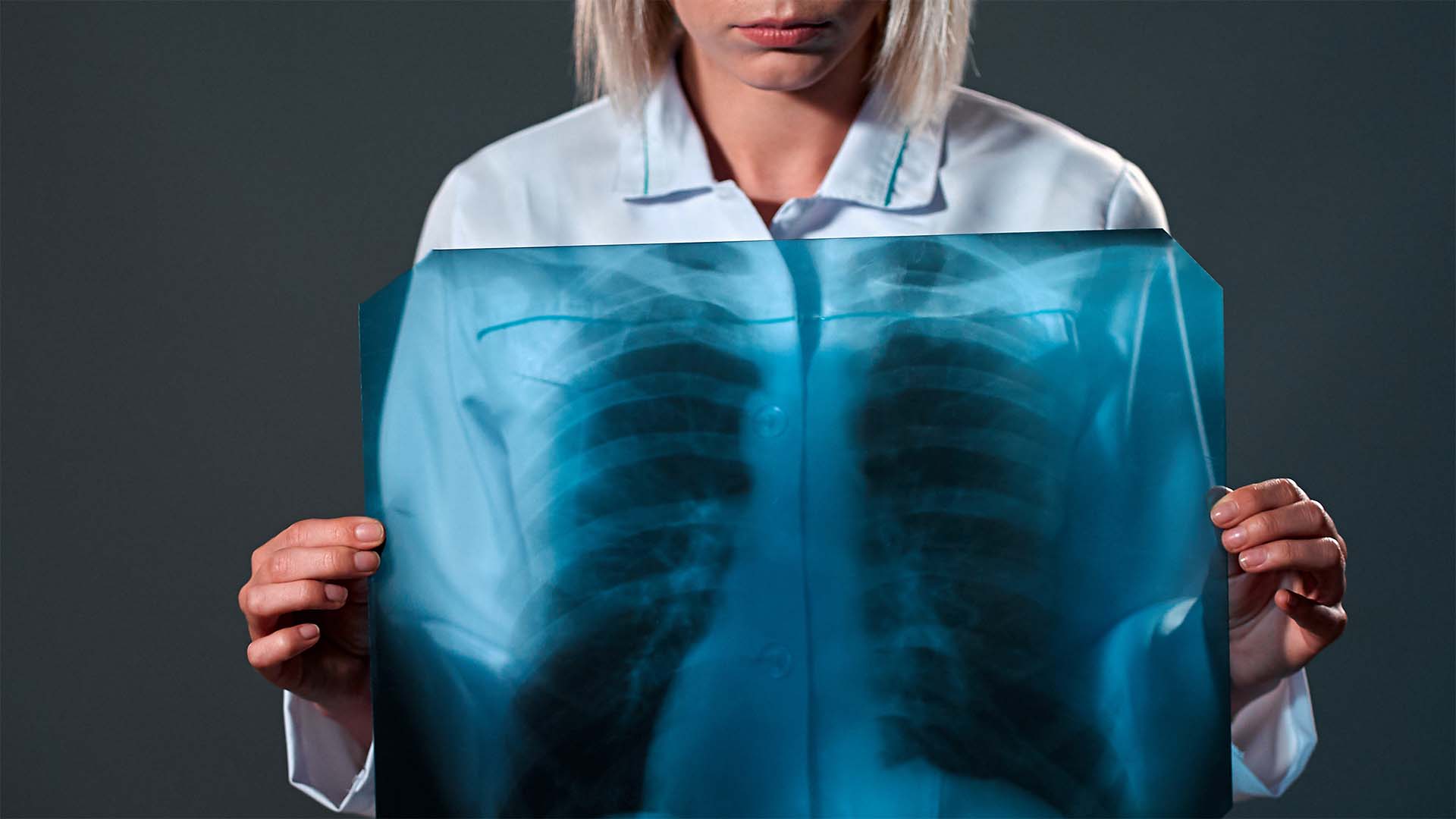What does your mouth have to do with your lungs?
Did you ever realise that your mouth could be directly linked to your lungs? If you thought oral hygiene was just a matter of nice teeth and fresh breath, you’re in for a surprise. Science has shown that a neglected mouth can increase the risk of respiratory problems, from common infections to serious chronic illnesses. How does this happen? The answer lies in the bacteria that inhabit your oral cavity and the way they can travel to your lungs. Let’s explore this surprising relationship and find out what science has to say about it.
The Hidden Path: How Oral Bacteria Reach the Lungs
The mouth is home to a vast community of microorganisms, including beneficial and pathogenic bacteria. In individuals with poor oral hygiene, harmful bacteria can multiply uncontrollably and move to other parts of the body. There are two main mechanisms that explain how these bacteria can reach the lungs:
- Bacterial aspiration: During breathing or swallowing, small particles loaded with microorganisms can be inhaled into the lower respiratory tract, increasing the risk of lung infections such as pneumonia.
- Systemic inflammation: Periodontal disease, caused by an excess of harmful bacteria, leads to the release of inflammatory mediators that can affect distant organs, including the lungs.
The Impact of Oral Health on Respiratory Diseases
The relationship between oral health and respiratory diseases has been the subject of several scientific investigations. Here are some of the lung conditions that can be influenced by the state of your mouth:
- Pneumonia: A study published in the Journal of Periodontology showed that individuals with advanced periodontitis have an increased risk of developing bacterial pneumonia, especially the elderly and hospitalised patients.
- Chronic Obstructive Pulmonary Disease (COPD): Research in the American Journal of Respiratory and Critical Care Medicine indicated that chronic gum inflammation can aggravate COPD symptoms, making flare-ups more frequent and severe.
- Asthma: Asthmatic patients may have a higher number of cavities and periodontal disease due to the prolonged use of inhaled corticosteroids, which alter the oral microbiota.
What Science Says: Studies Proving the Link
The link between oral health and respiratory diseases is not mere speculation. Scientific studies have reinforced this relationship:
- A study published in the Journal of Clinical Periodontology showed that improving oral hygiene significantly reduces the risk of ventilator-associated pneumonia in hospitalised patients.
- Researchers from the University of Buffalo found that individuals with inflamed gums had a 2.5 times greater risk of developing respiratory infections compared to those with healthy gums.
- A systematic review published in Respiratory Research found that dental interventions, such as regular cleanings and periodontal treatments, reduce the incidence of pulmonary exacerbations in COPD patients.

Simple Measures to Protect Your Oral and Lung Health
Now that you’ve realised how your mouth can affect your lungs, here are some strategies to keep your oral health up to date and reduce the risk of respiratory problems:
- Proper brushing: Brushing your teeth at least twice a day with a fluoridated toothpaste helps to reduce the bacterial load.
- Flossing: Removes food residue and bacteria that accumulate between the teeth, preventing gum infections.
- Regular visits to the dentist: A dental check-up can detect problems before they have an impact on your general health.
- Tongue hygiene: Many bacteria lodge on the tongue and can contribute to the proliferation of harmful microorganisms.
- Avoid tobacco: Smoking jeopardises oral and lung health, making the body more vulnerable to infections.
Conclusion
Oral health goes far beyond teeth and gums. The impact of oral hygiene on respiratory health is real and has been widely studied by science. Taking care of your mouth means taking care of your lungs, reducing the risk of infections and respiratory complications. So the next time you brush your teeth, remember: you’re protecting much more than just your smile.
References
Association between Oral Health and Respiratory Diseases: A review of the scientific literature indicates a link between oral health and respiratory diseases such as community-acquired pneumonia and COPD. A high bacterial load in dental plaque can increase the risk of pneumonia.
Oral Condition and Respiratory Diseases in Hospitalised Patients: Studies have shown the presence of oral pathogens in the respiratory tract of patients admitted to intensive care units due to unsatisfactory oral hygiene.
Periodontal Disease Related to Respiratory Diseases: Evidence suggests that improving oral hygiene can reduce the risk of respiratory infections, especially in at-risk individuals.



